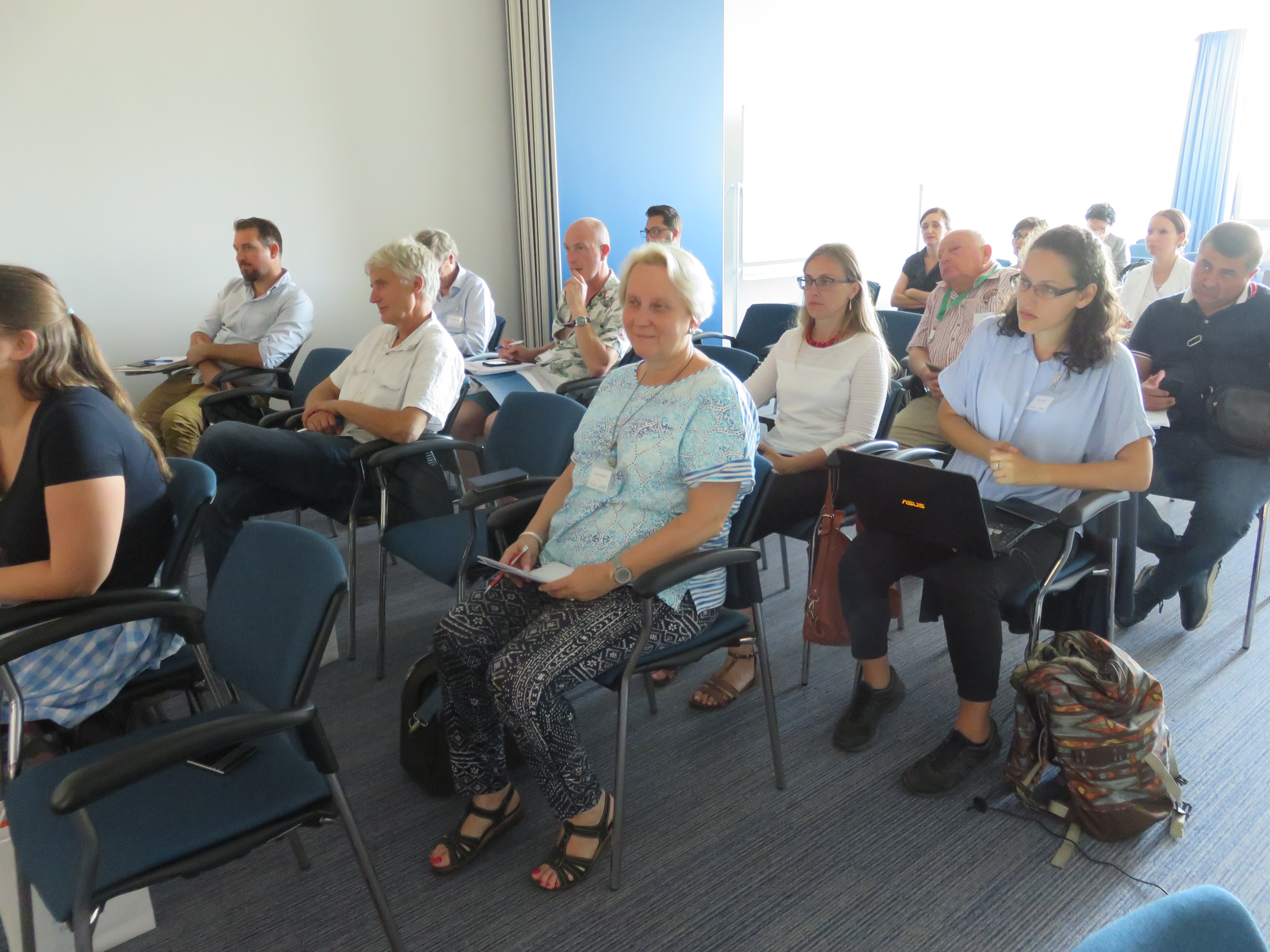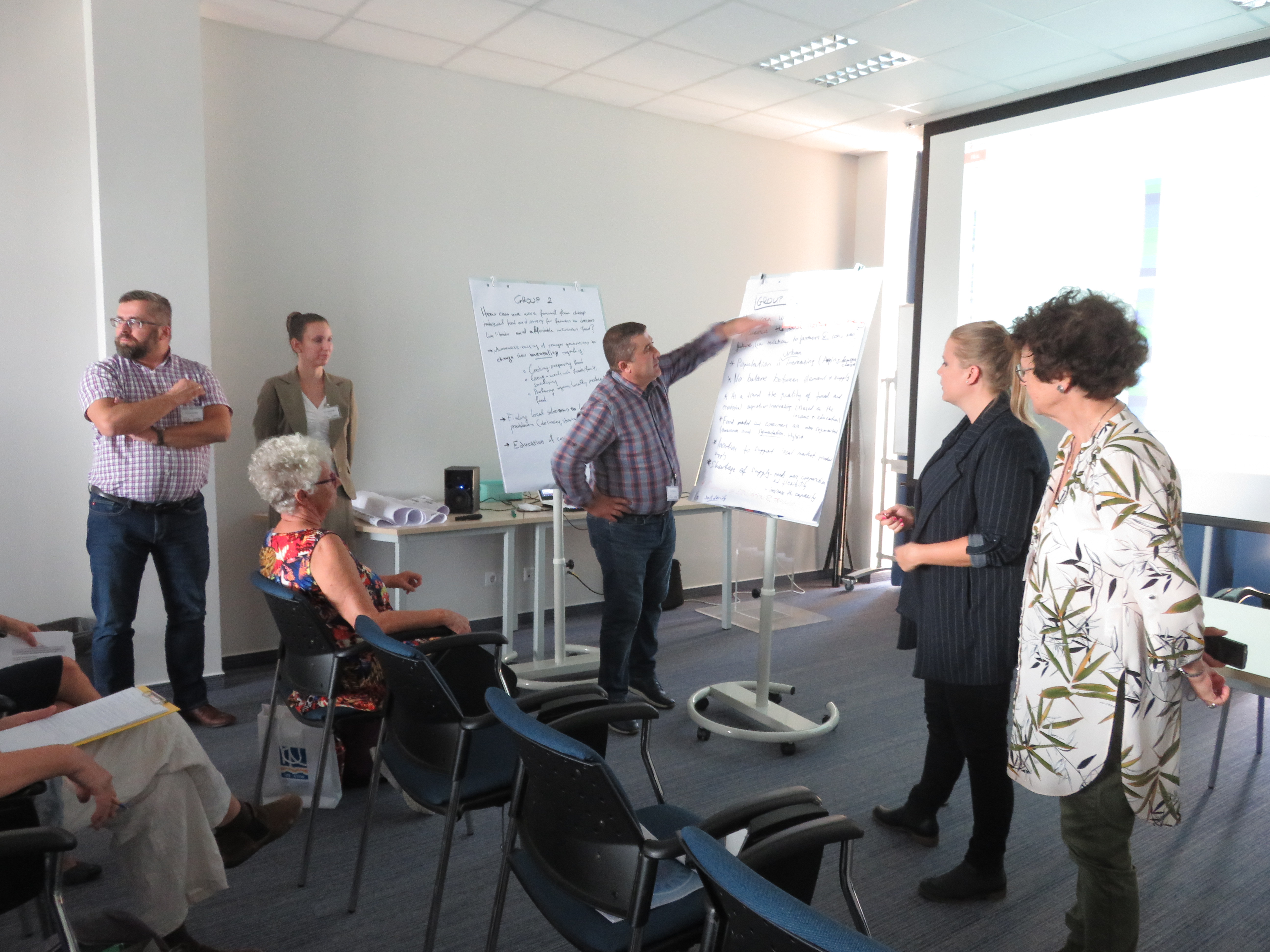18th Summer Academy of The Euracademy Association

The European Association every year organizes the summer academy with the focus on sustainable rural development, but with different connected topics, for example: social capital, rural tourism, resilience, the role of life-long learning, etc. The SA has a well-tried method, with wide-ranging, open discussions, study-tours, and group work.
Year by year, the Summer Academy has been organised in different locations in European countries. Poland, Slovenia, Italy, Sweden, Greece, and Hungary have already hosted these events. In the history of EA, this last SA was the third to be held in Hungary, co-organised by Széchenyi István University.
The theme of the 18th Summer Academy was: How can rural communities commit themselves to a sustainable future by practicing Community Supported Agriculture?
The 18th Summer Academy of the Euracademy Association aims to explore how CSA can be introduced to and sustained by rural communities, so that local economies are enhanced by securing higher and more stable employment, while achieving a positive influence over the local environment, sustainable farming and healthier food production. The participants and lecturers taking part in the SA came from 10 European countries, Poland, Czech Republic, Austria, UK, Armenia, France, Germany, Ireland, Romania, Greece and Hungary.
On the first day of the SA, participants listened to three plenary lectures from European CSA experts, the president of URGENCI (CSA global network), Judith Hitchman, Dr Wojciech Knieć from Copernicus University, Toruń (Poland), István Fehér from Szent István University, Gödöllő. Following the lectures, participants discussed the questions posed by the speakers in groups of 6-8.
The next day, the study trip was organized in three groups, collecting experiences from operating CSAs in Hungary and making interviews with representatives of CSA. Each group prepared a report on the experiences of the places visited and made proposals for implementing activities and strategies in the area to enhance CSA. These reports were presented on the fifth day of the SA.
From all over Europe, representatives of successful CSAs shared their experiences with the participants, citing good examples.
During the Summer Academy, the participants worked very hard, but in the evenings the cultural events helped them to build deeper connections, and to enjoy the city of Győr. The first evening, the international dinner took place, during which participants showed, offered and shared characteristic food and drink from their countries. The sunset boat excursion on the River Mosoni-Danube was a great adventure and participants also experienced a classical music concert in the concert hall (Synagogue).
For participants, the 18th Summer Academy produced active and fruitful discussions, useful study trips and experiences, all enhancing the commitment to sustainable rural development.












